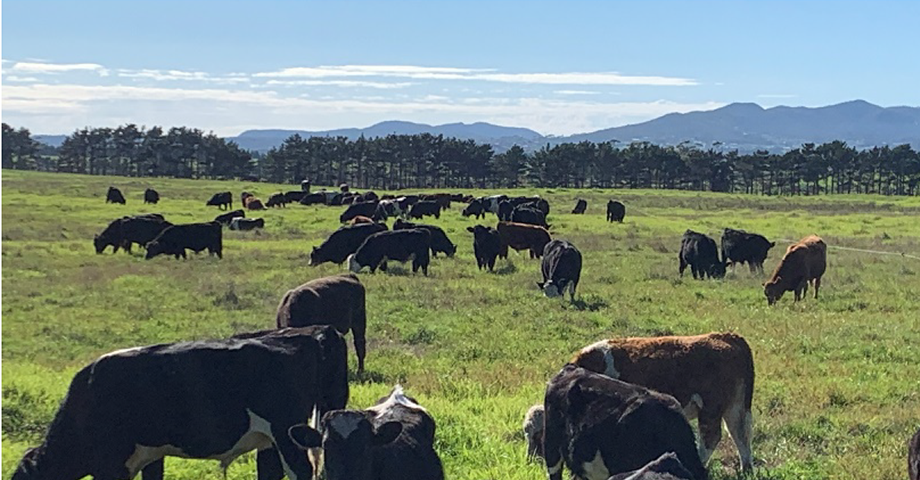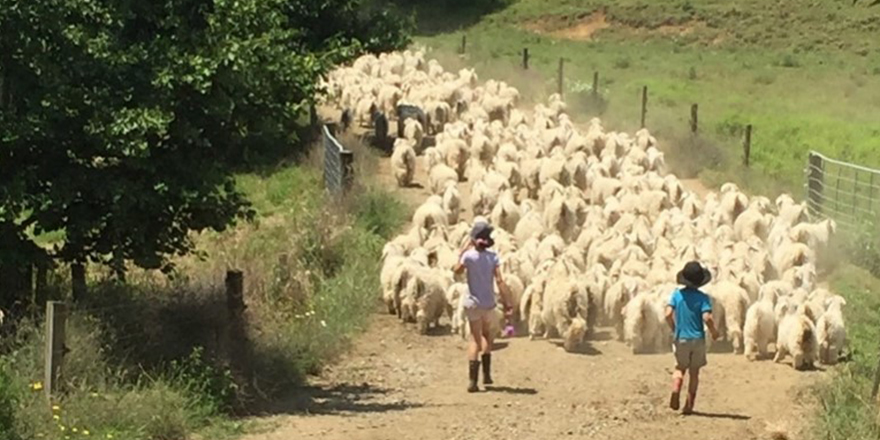
Executive summary
New Zealand’s dairy industry is strategically important to New Zealand. Dairy generates $25.7b in exports, or 1 in every 4 dollars which has grown by $7.9b since 2019. It is a cornerstone employer in many regions, with 55,000 employees’ nationally, considerable wage growth, and is a top 10 purchaser across dozens of industries. (Stats NZ – Sense Partners 2023).
Despite dairy farming’s economic importance, New Zealand has strict controls regarding the use and development of genetic technologies that are readily available around the globe, which could further advance the industry.
The aims of this report are to:
- Outline the potential opportunities for genetic technologies for New Zealand’s Dairy Farmers.
- Understand the potential risks or threats of genetic technology use in New Zealand.
- Help to inform dairy farmers on genetic technologies.
The methodology for this report was the joint analysis method. This included conducting a literature review and semi structured interviews to build knowledge on genetic technologies and what implications those could have on the end user – the farmer.
Genetic technology is a broad topic, covering transgenesis or genetic modification, as well as new breeding technologies which is targeted gene editing using site directed nucleases resulting in gene deletion, modification, or gene insertion. Application of these technologies are broad; however, this report serves to focus on plants for animal feed such as grasses, legumes, and brassicas.
The findings from the literature review and semi structured interviews identified the following recommendations that could help farmers improve across the board, including increased output and productivity, improved environmental outcomes, animal wellbeing and financial benefits.
- New Zealand needs a science based, consistent approach to regulating genetic technologies. This will need to evolve as the science develops and evolves.
- Risks need to be balanced against benefits and ensure adequate testing is undertaken before commercial use. This should include flow on effects and animal health monitoring for plant breeding.
- The right plant breeding programs need to be prioritised first.
- Incremental gains are powerful in the long run, but New Zealand needs to adopt genetic technologies now.
Due to the economic value of the dairy industry, if farmers prosper there can be an expectation that regional economies will be positively affected, median wages for dairy workers will rise, and local input purchasing will rise with this.
Scott Armer




